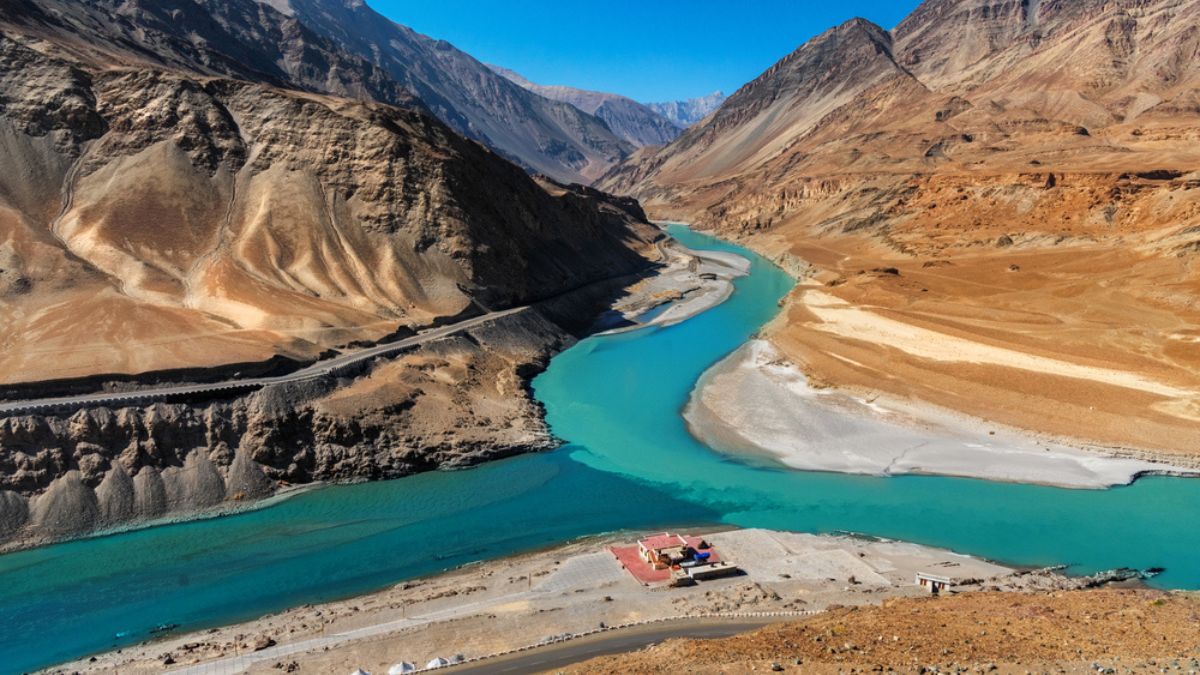India Stop River Water to Pakistan:
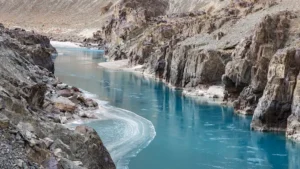
Yes, this topic is again in the news. Let’s break it down in plain language so anyone can
understand.
What’s the Main Issue?
India and Pakistan share river water because many rivers flow from India into Pakistan. To
avoid fights over this, both countries signed an agreement in 1960, called the Indus Waters
Treaty.
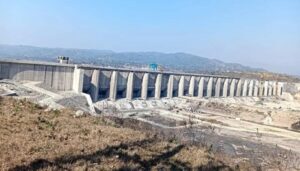
What Does the Treaty Say?
-
India gets to use water from Ravi, Beas, and Sutlej (eastern rivers).
-
Pakistan gets water from Indus, Jhelum, and Chenab (western rivers), even though they flow through India first.
-
India can use some of the western rivers for farming, drinking, and making electricity — but can’t stop or block them.
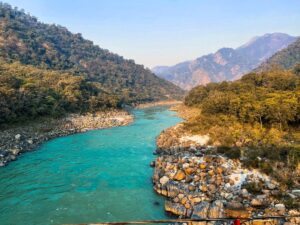 What Happened Recently?
What Happened Recently?
-
In April 2025, terrorists attacked a bus in Jammu & Kashmir.
-
India blamed Pakistan-based terror groups for the attack.
-
In response, India said it will stop following the Indus Waters Treaty.
-
Pakistan got angry and said:
“If India blocks water, it will be considered an act of war.”
So Can India Actually Stop the Water?
Not completely right now.
India doesn’t have the dams or big projects yet to fully block the water.
BUT:
-
India can build more dams and use more water on its side.
-
It can slow down the flow by storing water temporarily.
-
These actions are allowed under the treaty — to some extent.
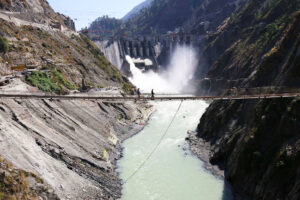
Is India Doing Something?
Yes, India is already working on:
-
Using more of its water share
-
Making more hydro projects (like small power plants on rivers)
-
Reviewing the treaty because of repeated terror attacks
What About Pakistan?
Pakistan depends a lot on those rivers for farming and electricity.
If water is reduced, it can cause serious problems for them.
Final Answer:
-
India can’t stop water suddenly or completely — legally or practically.
-
But it can reduce the amount of water going to Pakistan over time.
-
This needs big projects, money, and time.
-
Also, cutting off water completely could lead to big tension or even conflict.

